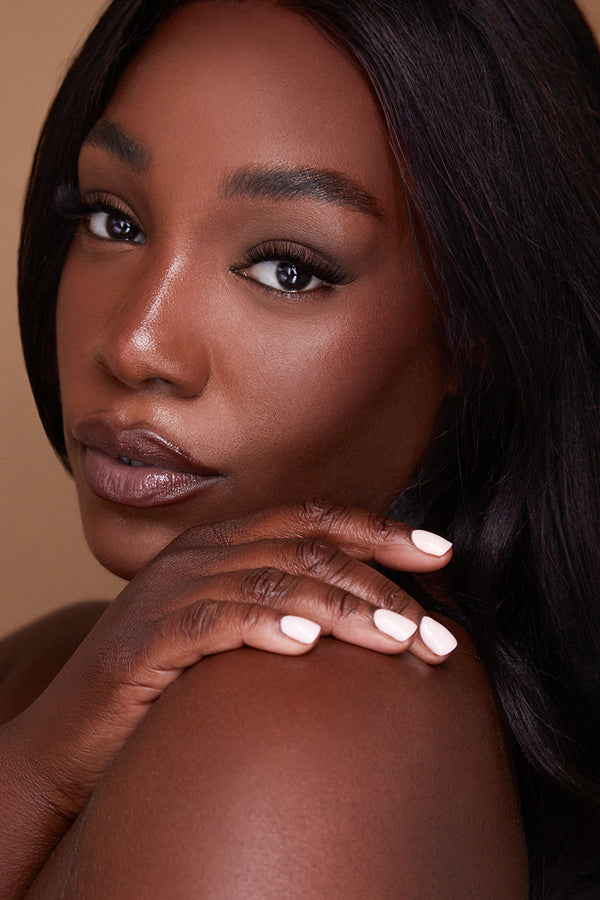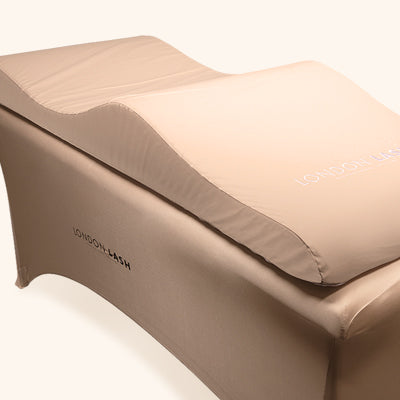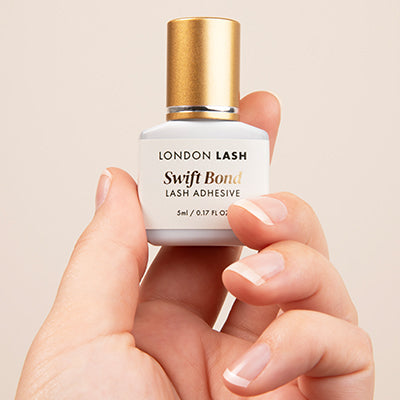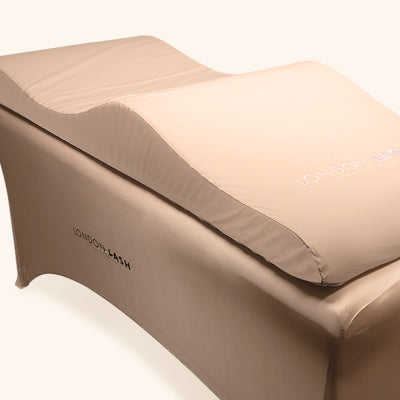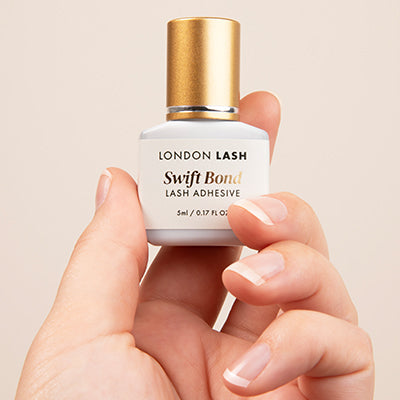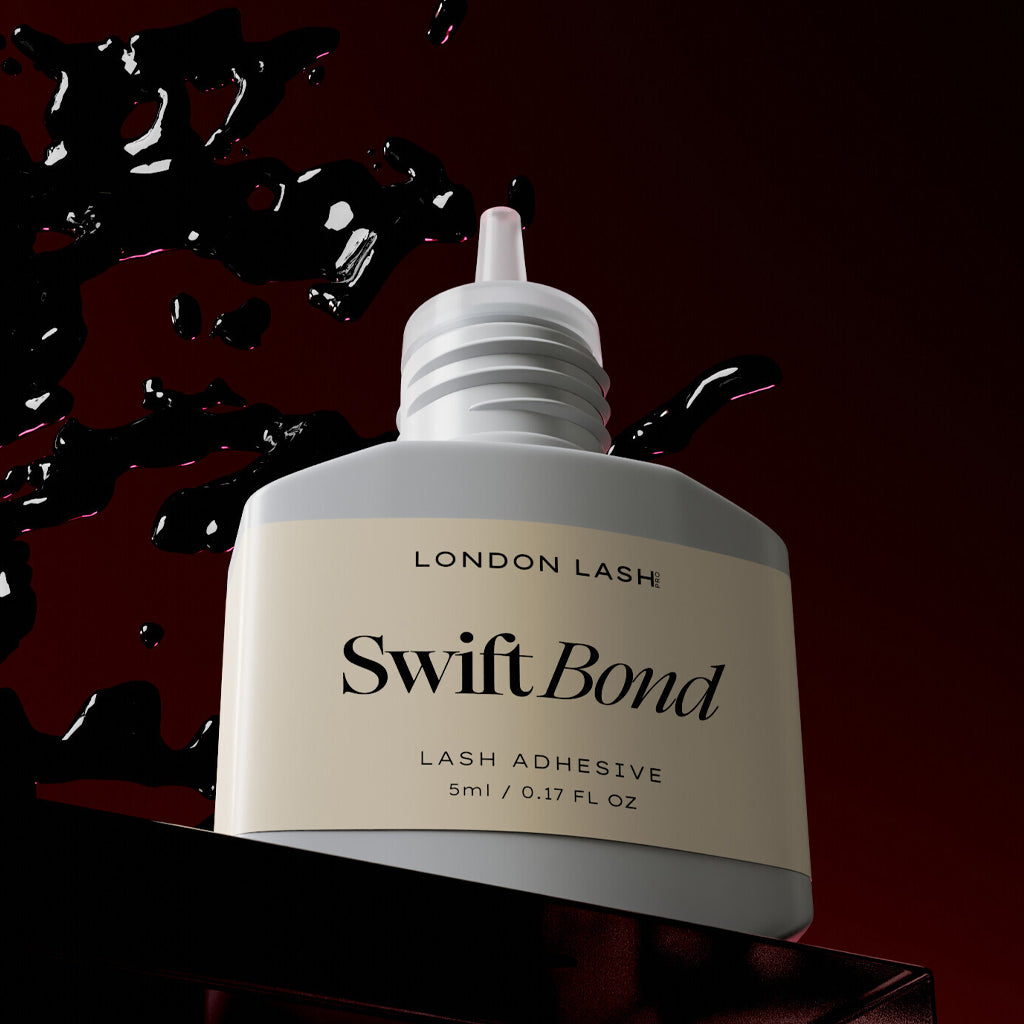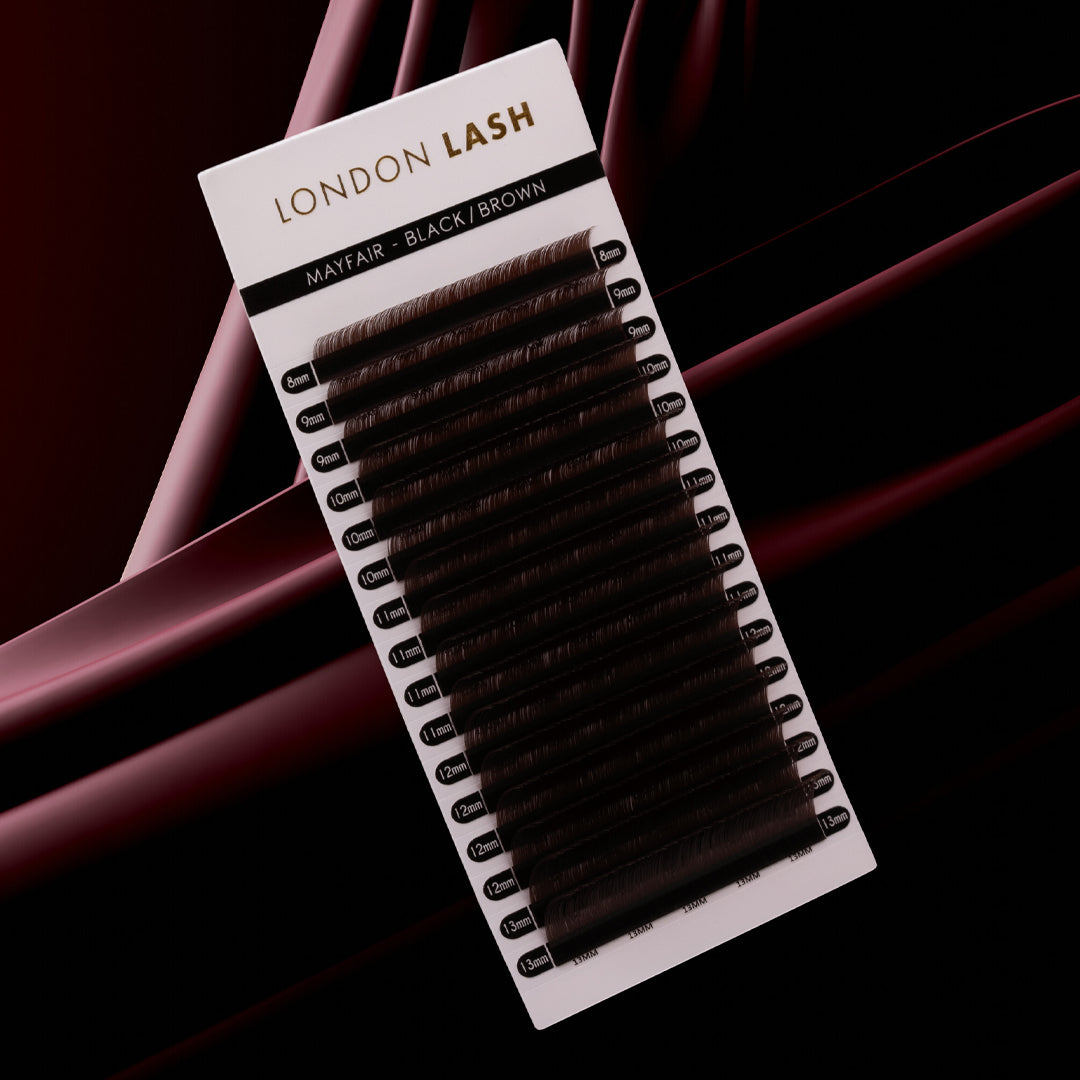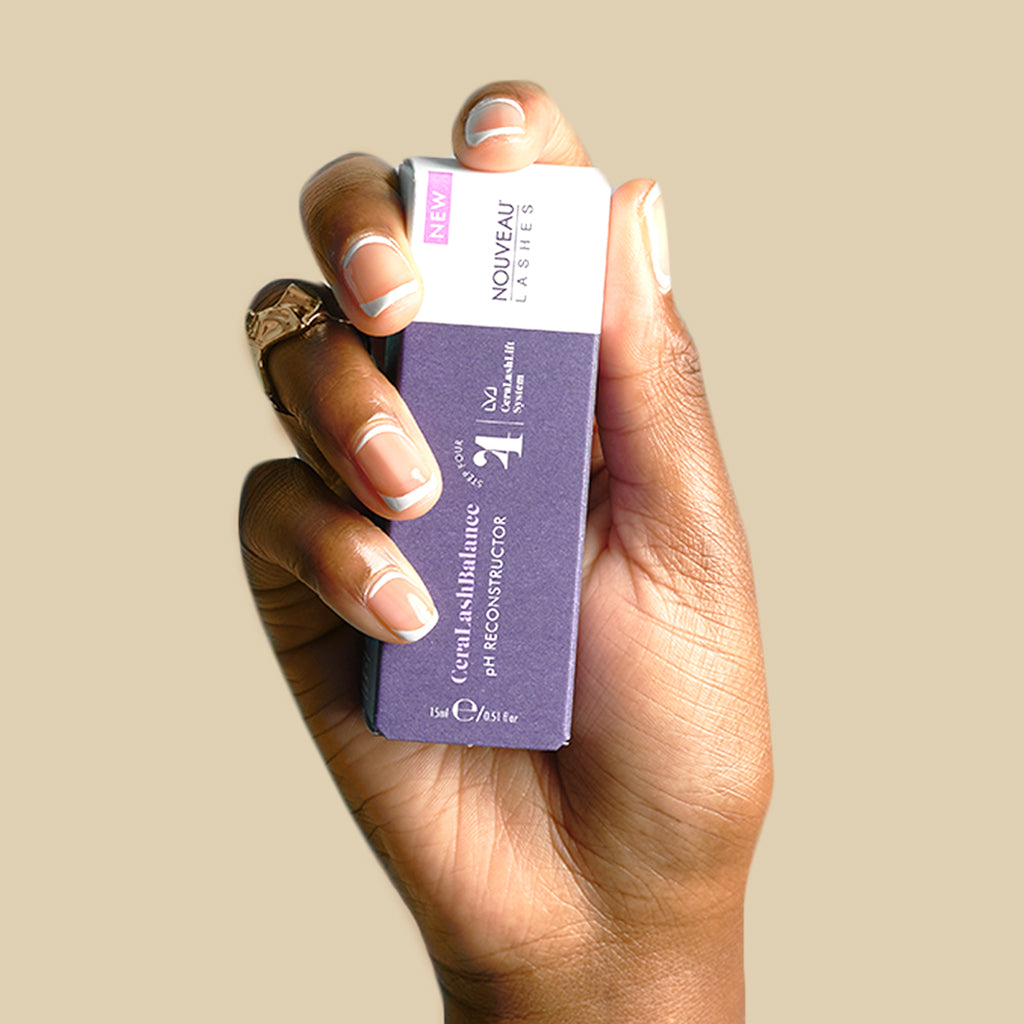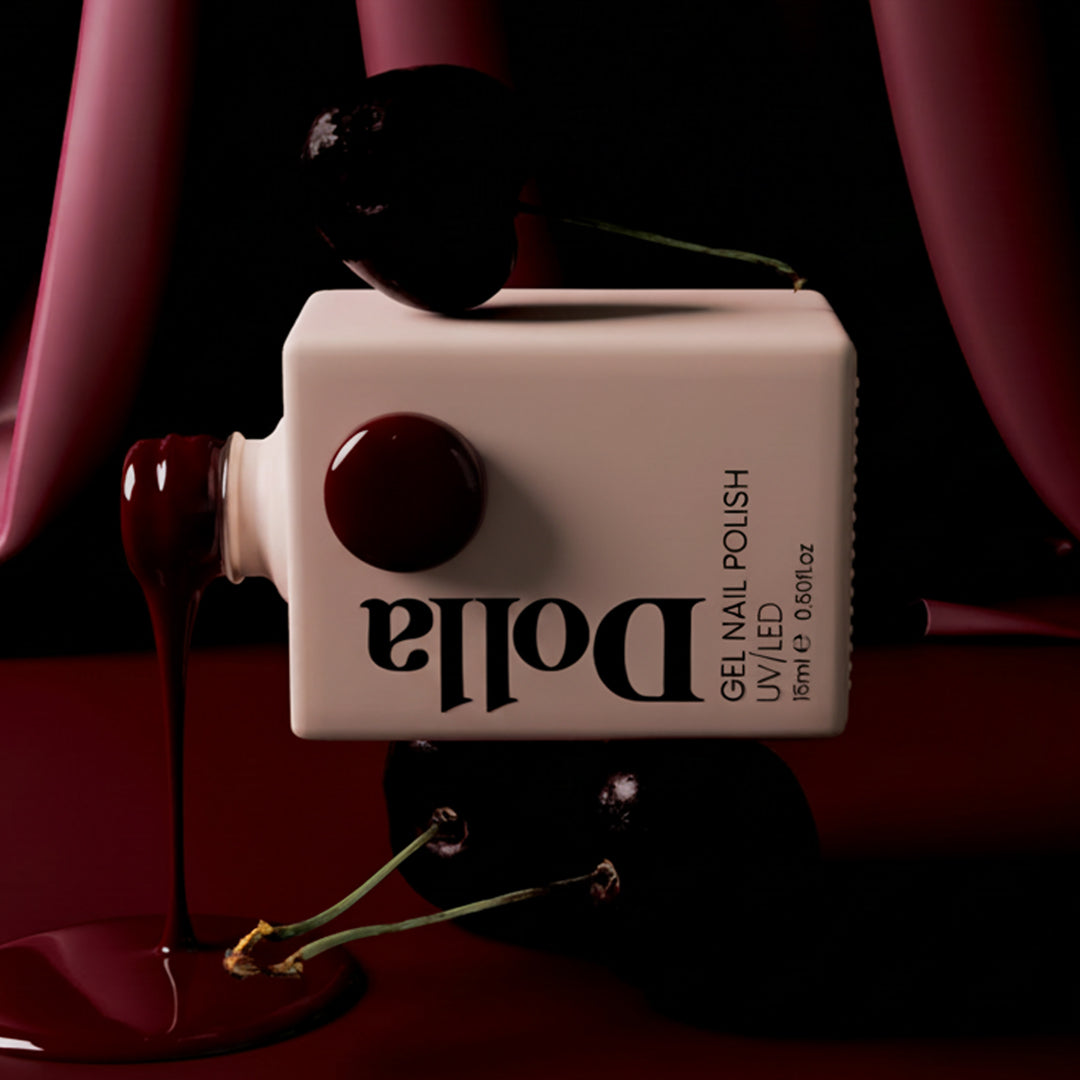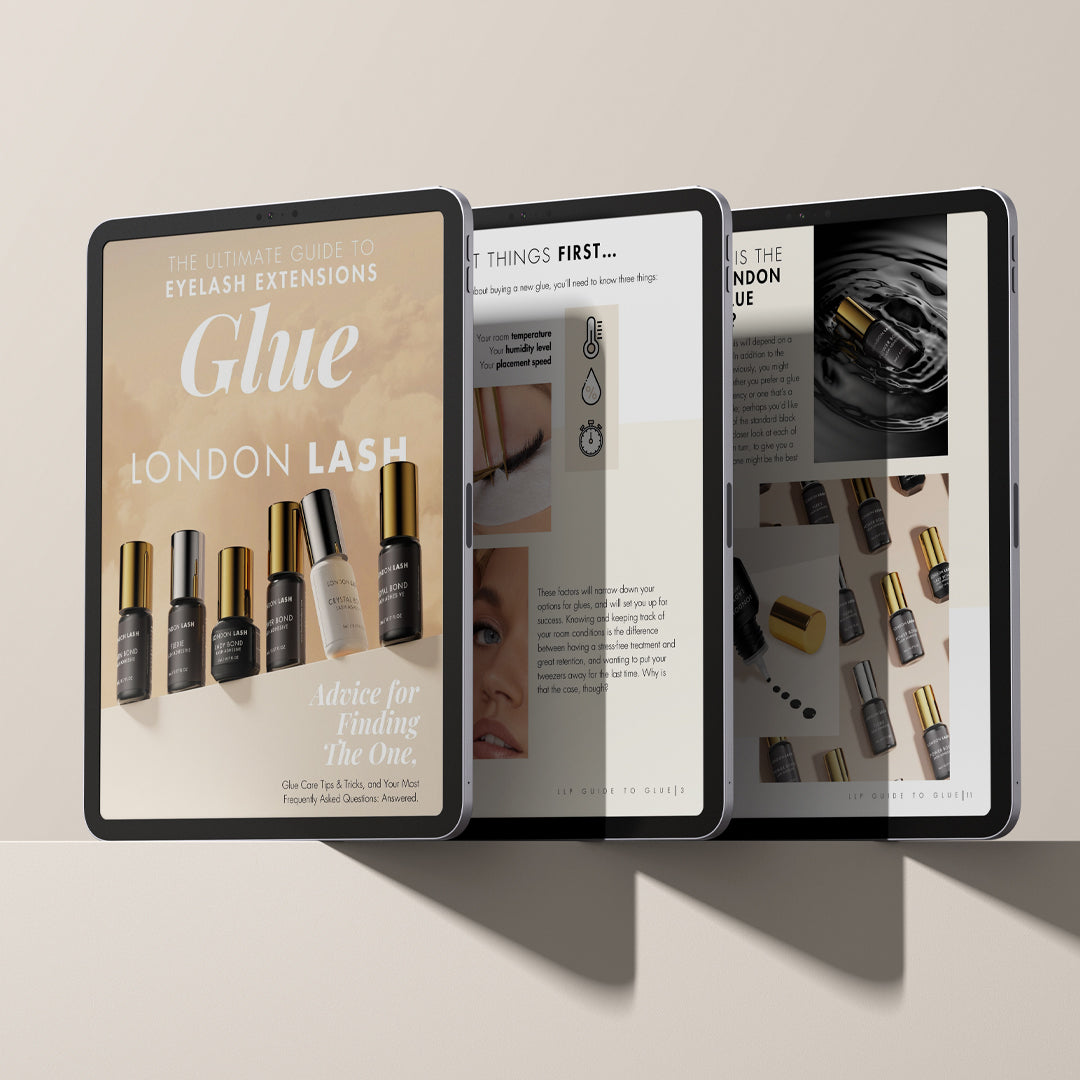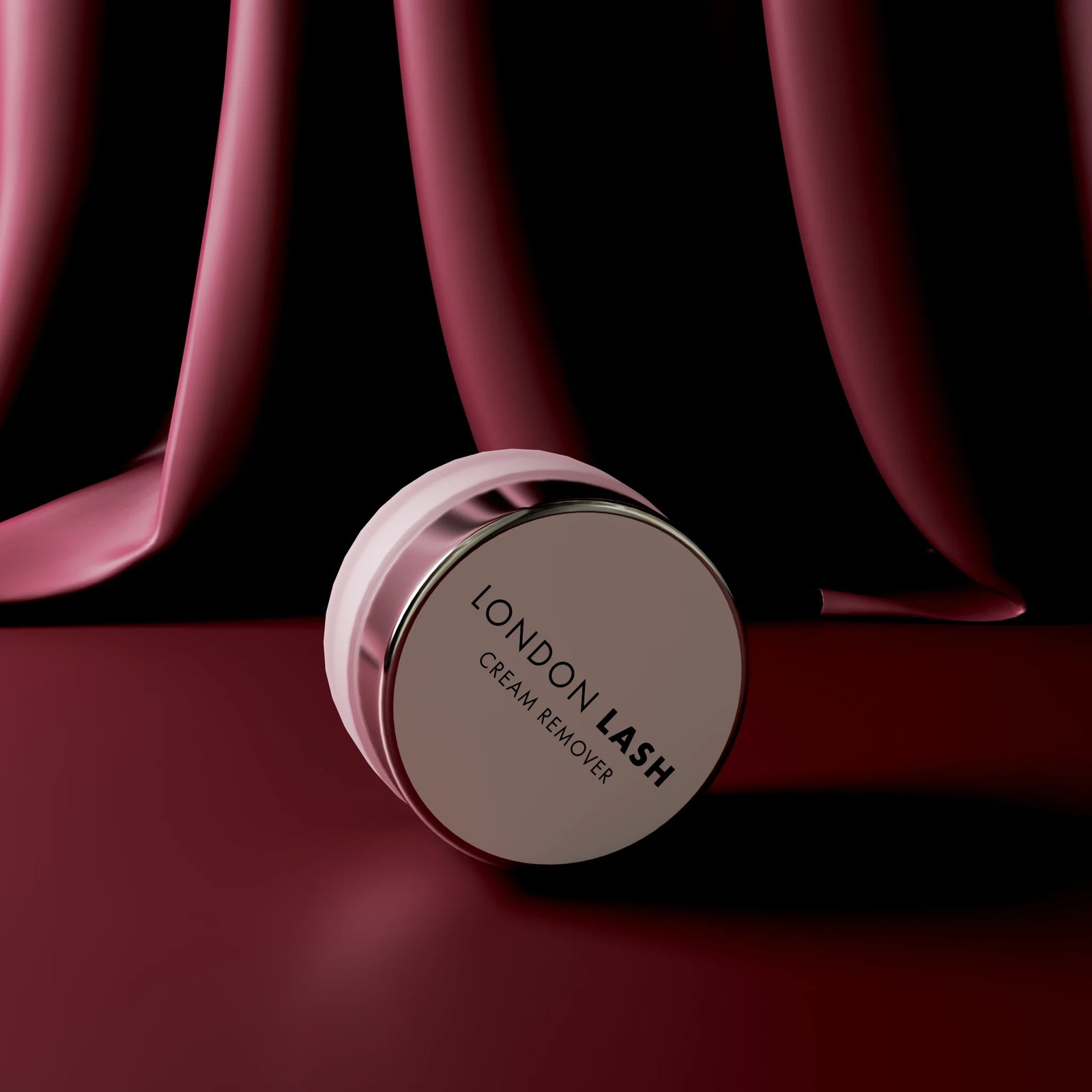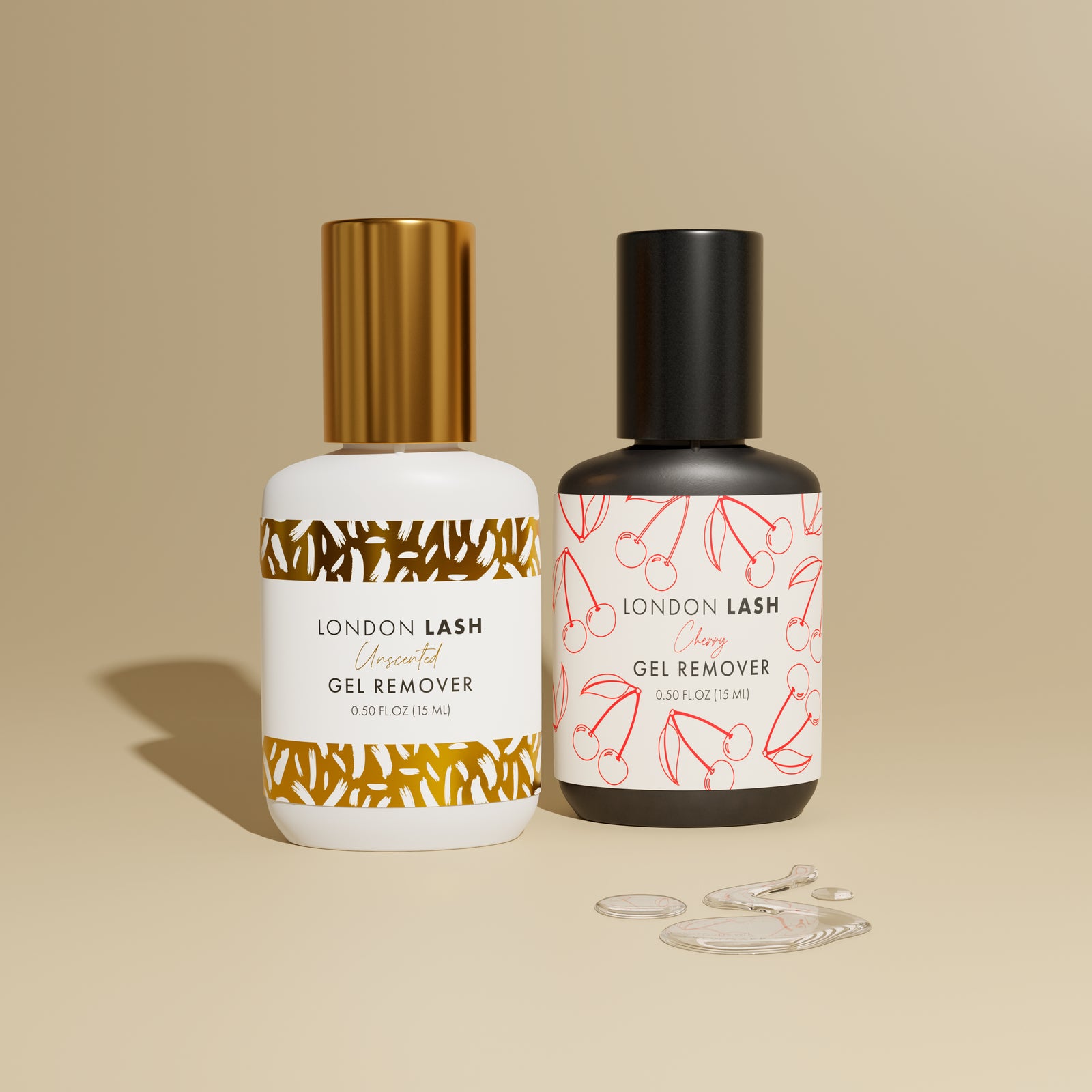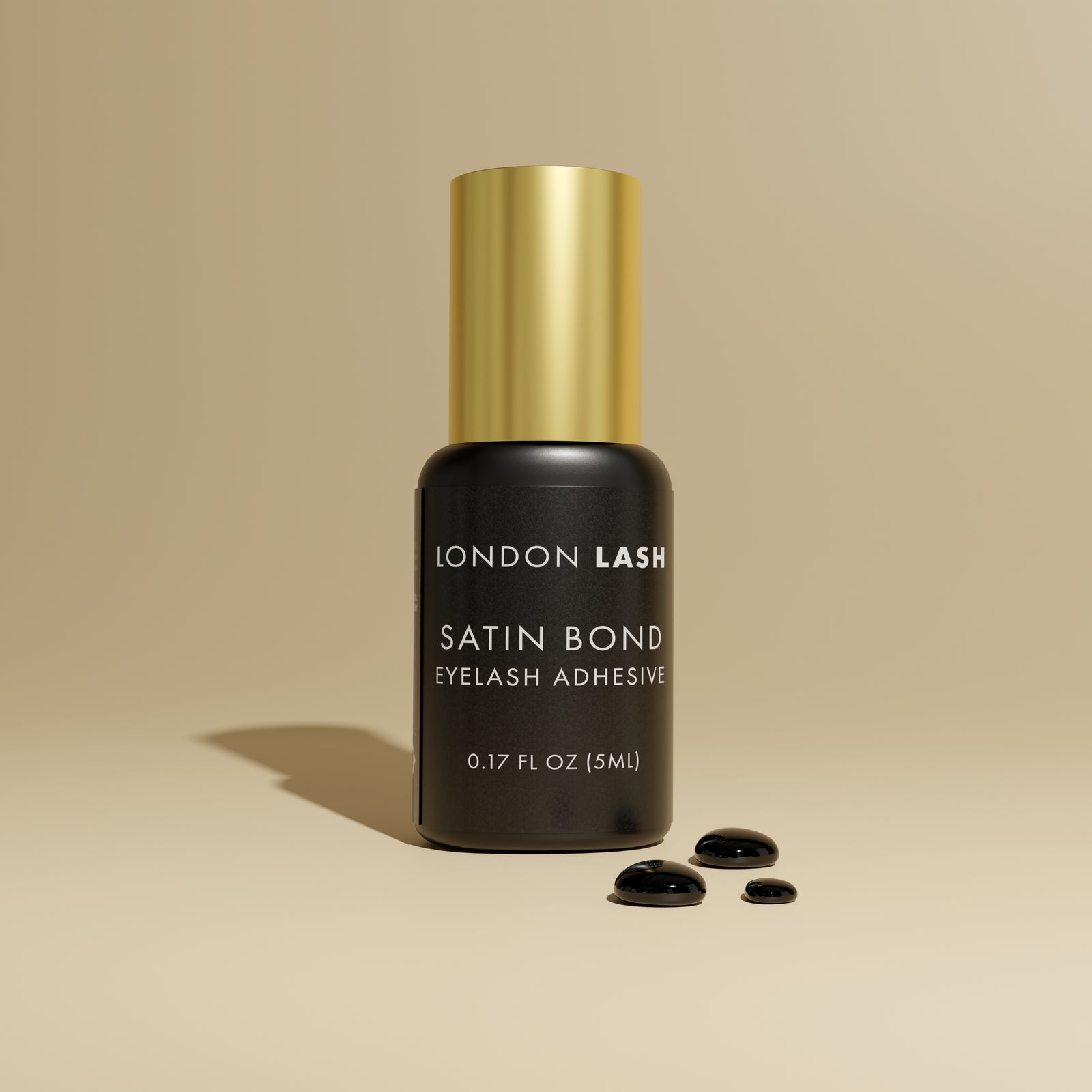New In
Glues & Liquids
Lashes
LASH LIFT
Dolla Nails Pro
Online Training
Save up to 57% off
How to Recognize an Allergic Reaction
September 14, 2021 3 min read

Allergic Reactions to Eyelash Extensions: How to Handle the Unexpected
Imagine this scenario: a client leaves your salon with a stunning set of full, fluffy eyelash extensions. However, the very next day, they contact you, distressed because they’re having an allergic reaction. What should you do? Initially, panic might set in, but what's the next step?

Identifying an Allergic Reaction to Eyelash Extensions
Firstly, it's crucial to determine whether it's genuinely an allergic reaction or something else. Recognizing the signs is key. An allergic reaction typically involves swollen eyelids. Other symptoms might include:
- Teary eyes
- Red skin
- Itchy lash line
- Discomfort
Allergic reactions can affect both eyes or just one, varying from client to client.
If a client reports red, bloodshot eyes, it's usually not an allergic reaction but rather a chemical burn. While uncomfortable, this issue resolves on its own and is preventable. For more detailed information, consider reading our in-depth post on chemical burns so you can understand exactly what you’re dealing with.

Can You Be Allergic to Lash Extensions
Clients are not allergic to the eyelash extensions themselves, as they're made from synthetic fibers. Nowadays, terms like 'mink,' 'silk,' and 'cashmere' simply differentiate between lash collections, not materials.
The likely culprit is the lash glue, which contains cyanoacrylate - a common allergen found in all lash glues, even those labeled 'sensitive.' Allergies to pre-treatment products are rare, as they don't usually contact the skin, linger, or emit fumes. However, if a client is particularly sensitive, check their reactions to products that do touch the skin, like Lash Shampoo and Protein Remover Pads. Don’t get us wrong, your client can also be allergic to eyepatches, but a reaction will show up as soon as you remove them and will go down after a few hours.

What to Do in Case of an Allergic Reaction
If an allergic reaction occurs, advise the client to consult a pharmacist or their doctor for appropriate medication. As Lash Technicians, we must avoid recommending medications ourselves. It's better to leave the recommendation of antihistamines to a GP or pharmacist to avoid any potential trouble.
You can offer to remove the extensions if the client wishes, but the reaction might not subside immediately as the body continues to respond to the residual effects. However, removal isn't always necessary unless the client is extremely uncomfortable if your client is happy to leave them on. Once the glue cures completely and is no longer emitting any fumes, the body should cease reacting.
You need to be super cautious with clients who frequent high-heat environments like hot yoga or saunas as high temperatures can soften the glue, causing it to emit more fumes. In such cases, removing the lashes is advisable. We love lashes just as much as the next person, but no set of lash extensions is worth having puffy eyes every two weeks!
If your client wants to remove their lashes but their eyelids are swollen, it might be challenging for you to access the glue bonds. In such a case, it is better to wait until the swelling subsides. Trust us, getting remover in your eye is far worse than having swollen eyelids due to an allergy!

Can Clients Who've Had Reactions Try Lashes Again?
Generally, it's not recommended. Allergic reactions to cyanoacrylate tend to be cumulative, meaning the body's resistance builds up over time until it eventually reacts strongly, which is why it is more common for a long-time client to suddenly have a reaction than a new client. This also implies that each subsequent reaction could be more severe, so it’s not worth trying again.
While our body's tolerance to allergens can change, and cells regenerate, it's advisable to proceed with extreme caution if considering reapplication in the future, perhaps after a significant break, but you’ll need to be careful and cautious.

Understanding and properly managing allergic reactions to eyelash extensions is crucial for the safety and satisfaction of your clients; so, it's important to always prioritize their well-being and seek professional medical advice when necessary.
Check out these featured products
Subscribe
Sign up to get the latest on sales, new releases and more …
